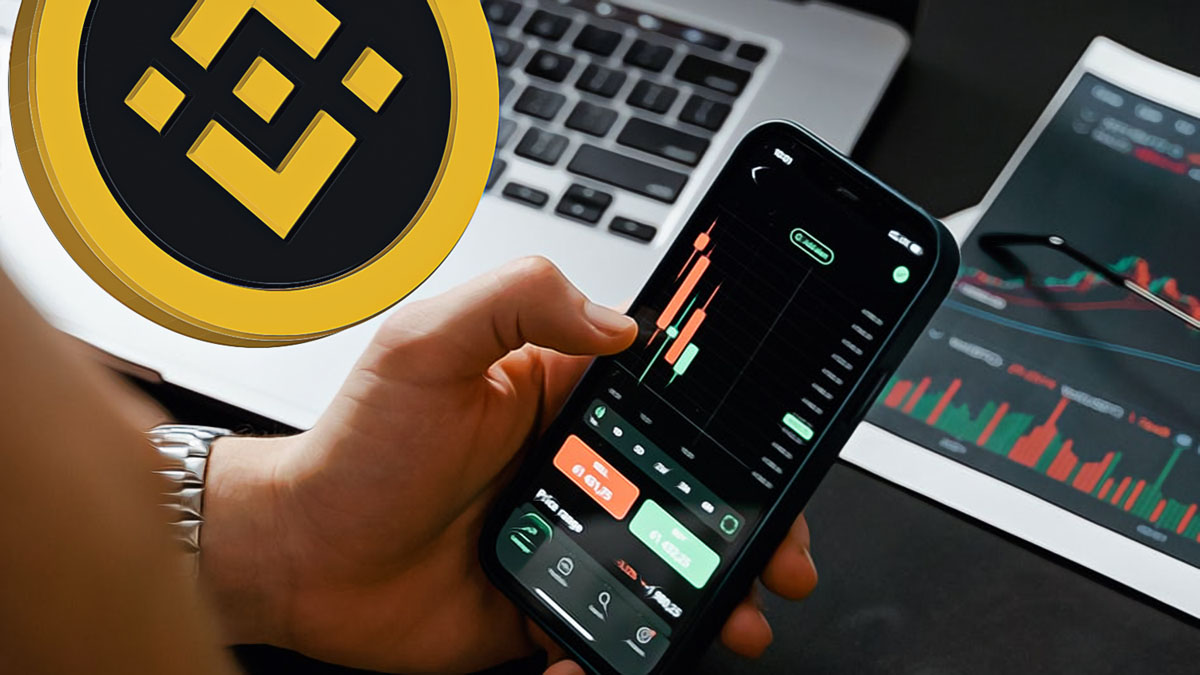The globally renowned cryptocurrency exchange Binance is embroiled in controversy over the alleged sale of Gopax user deposits at a substantial discount without securing creditor approval. According to South Korean news outlet Hankyung, this undisclosed transaction may have caused creditors to lose tens of millions of dollars.
What Led to the Sale?
In 2022, Binance acquired a significant stake in Gopax, becoming its largest shareholder. This acquisition aimed to rebuild investor trust after Gopax’s crypto custody service, GOFi, faced severe losses due to the collapse of Genesis Global Capital. GOFi users experienced total losses amounting to around 70 billion Korean won, equivalent to 57 million dollars back then. As part of the acquisition agreement, Binance promised to fully compensate these losses.
How Did Binance Handle Compensation?
Initially, Binance utilized the Industry Recovery Initiative system to cover the first compensation round of 1.5 billion won. However, subsequent compensations lacked transparency. A source from Hankyung disclosed that in August 2023, Binance sold GOFi user claims to a third party at less than half their nominal value. This sale, conducted without informing the affected investors, led to widespread outrage. The consequences of this covert deal became particularly evident with recent developments in Genesis’s bankruptcy case. A 2 billion dollar agreement between Genesis and the state attorney general, approved by a New York bankruptcy court, would return 77% of customer claims to creditors.
Why Was the Sale Untimely?
The timing of Binance’s sale of claims was crucial. If Binance and Gopax had refrained from selling the claims at a discounted rate, their value could have increased significantly, especially with the rise in bitcoin prices. This could have considerably mitigated the losses sustained by GOFi investors. Despite these revelations, both Binance and Gopax remained silent on the sale and the court-approved settlement. The unpaid GOFi debt, initially valued at 35 billion won, now stands at over 100 billion won, inflated by the surge in Bitcoin’s value. The early sale of claims highlighted the potential financial harm inflicted on GOFi investors.
Regulatory Challenges for Binance in South Korea
Binance’s challenges extend beyond financial controversies to regulatory issues in South Korea. Local authorities have delayed the approval of Gopax’s ownership transfer to Binance, largely due to Binance’s legal troubles in the United States. To ease some legal pressures and lessen Gopax’s financial strain, Binance considered reducing its stake to potentially become the second-largest shareholder. In January, Steve Kim, Binance’s Asia-Pacific business development director, mentioned these ongoing negotiations. Binance CEO Richard Teng’s visit to Seoul in March to meet with financial regulators further underscored efforts to navigate these regulatory obstacles. However, the lack of transparency and secrecy surrounding the claim sale continued to tarnish Binance’s relationship with Gopax and its investor compensation commitments.
Valuable Inferences for Users
- Investors should stay informed about the transparency of compensation processes in cryptocurrency exchanges.
- Monitoring regulatory developments can provide insights into the stability and compliance of crypto platforms.
- Increased scrutiny and due diligence are vital when dealing with exchanges involved in legal or financial controversies.
- Understanding the impact of market conditions, such as the rise in bitcoin prices, can help in assessing the value of crypto assets.
Conclusion
Binance’s controversial sale of Gopax user deposits and the subsequent financial and regulatory challenges underline the importance of transparency and regulatory compliance in the cryptocurrency market. While Binance continues to navigate these hurdles, the lack of clear communication and concealed transactions have significantly impacted its relationship with Gopax and its commitment to investor compensation.













